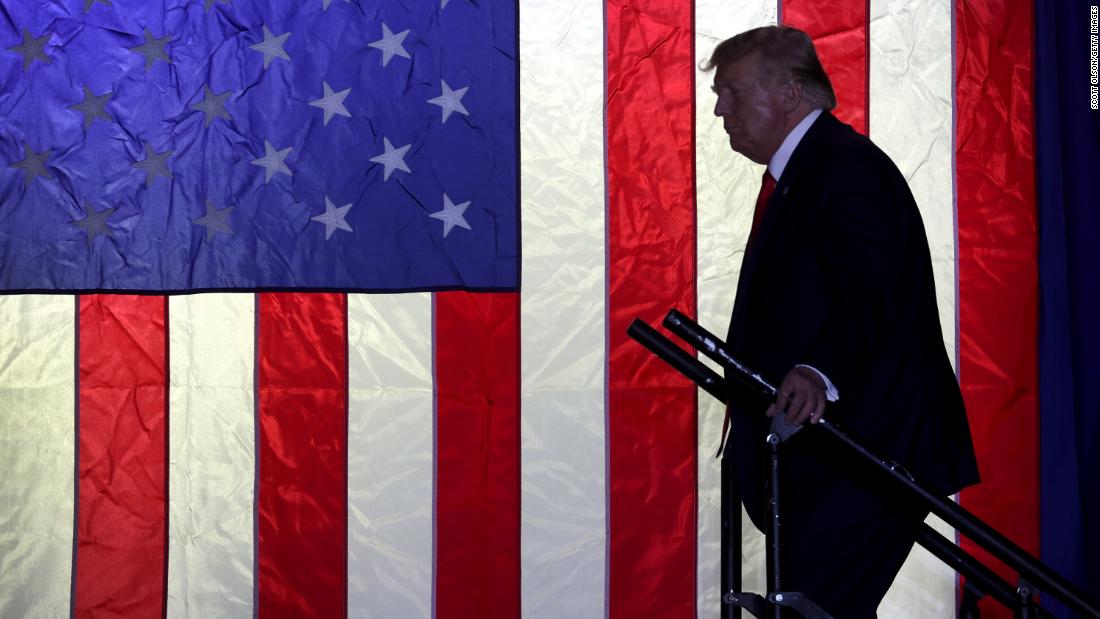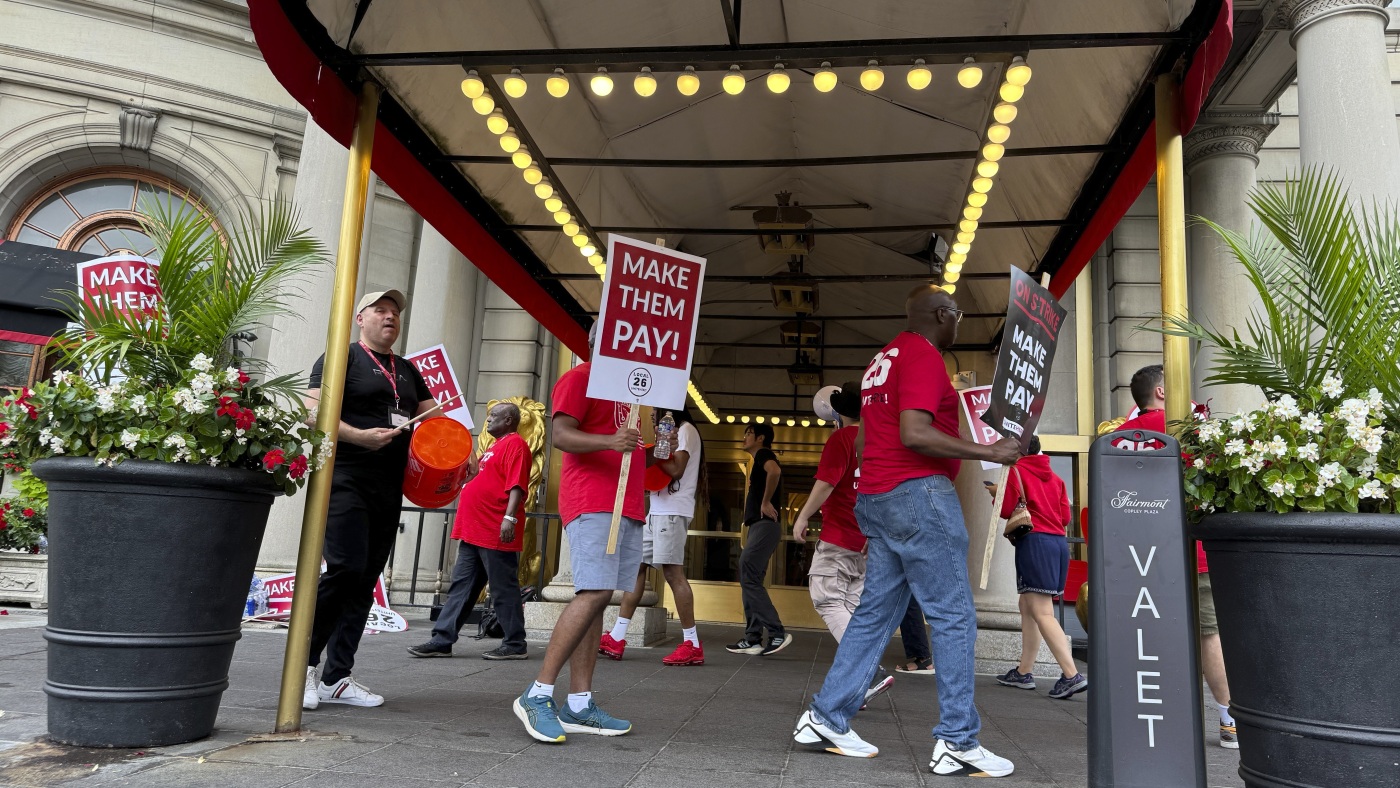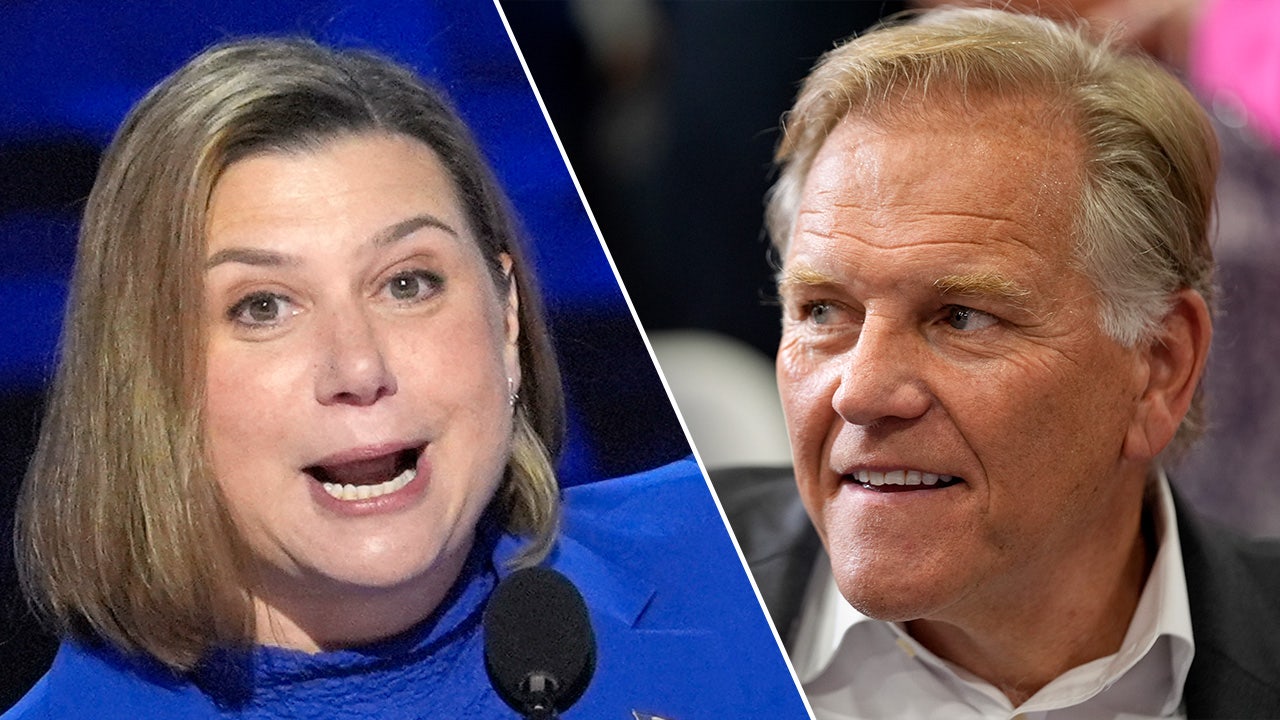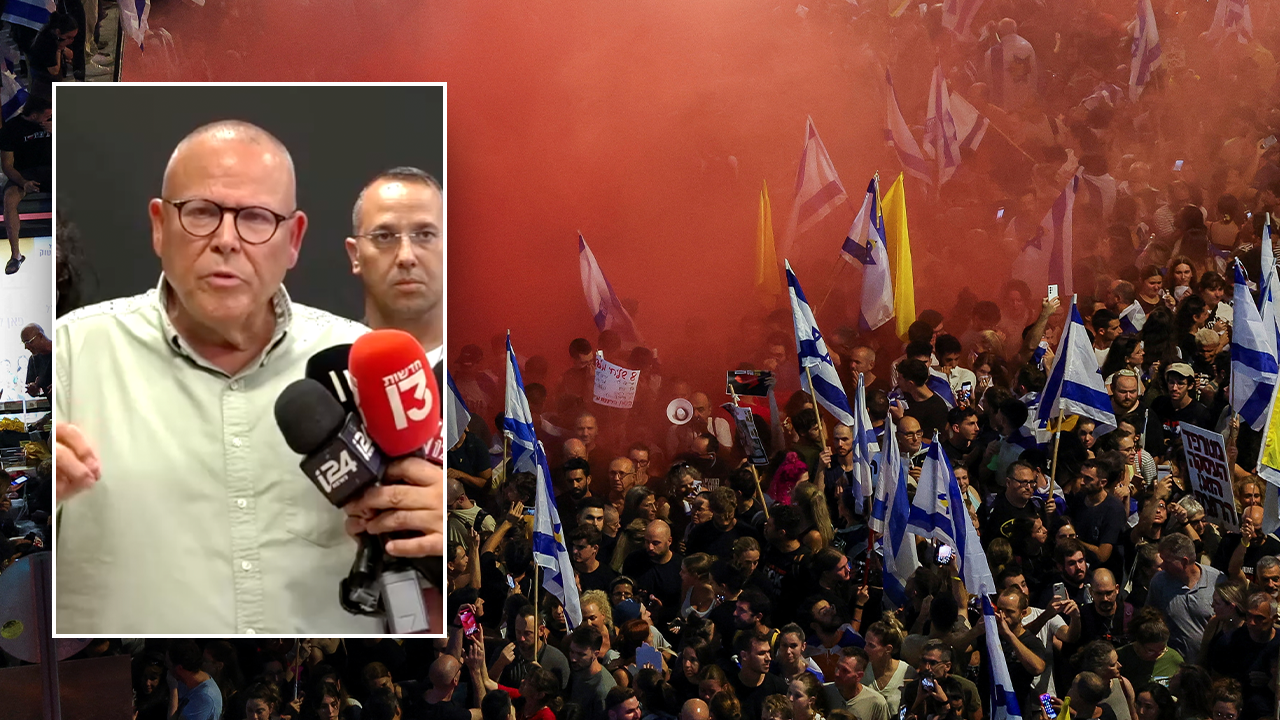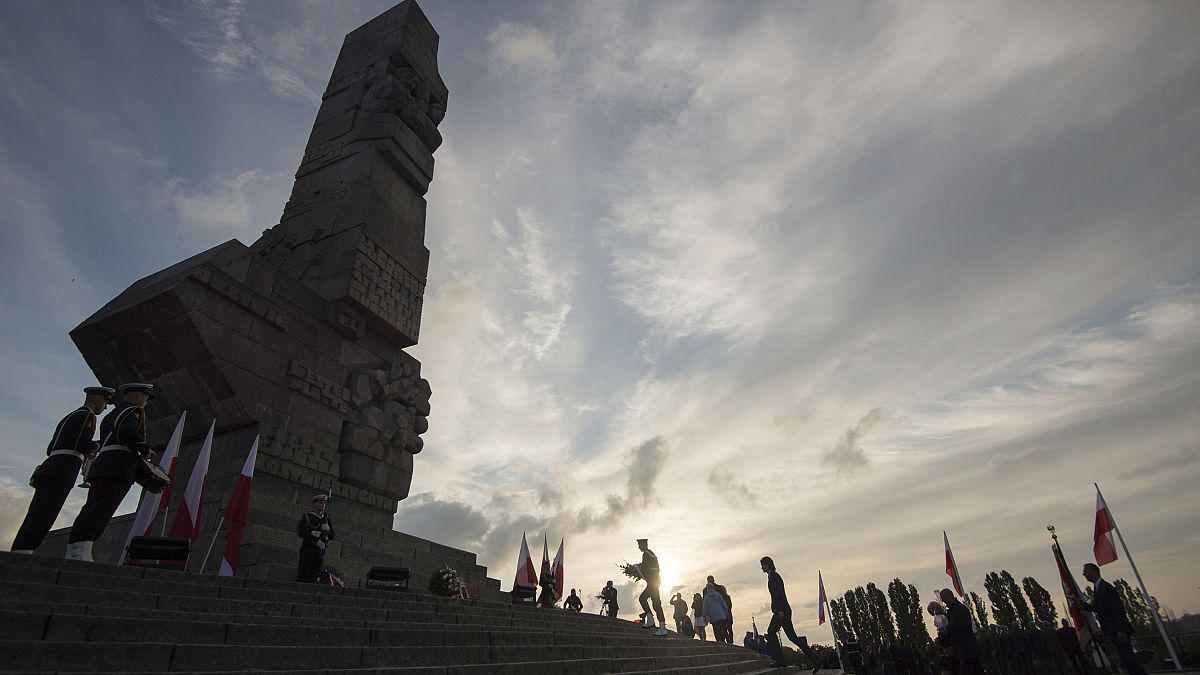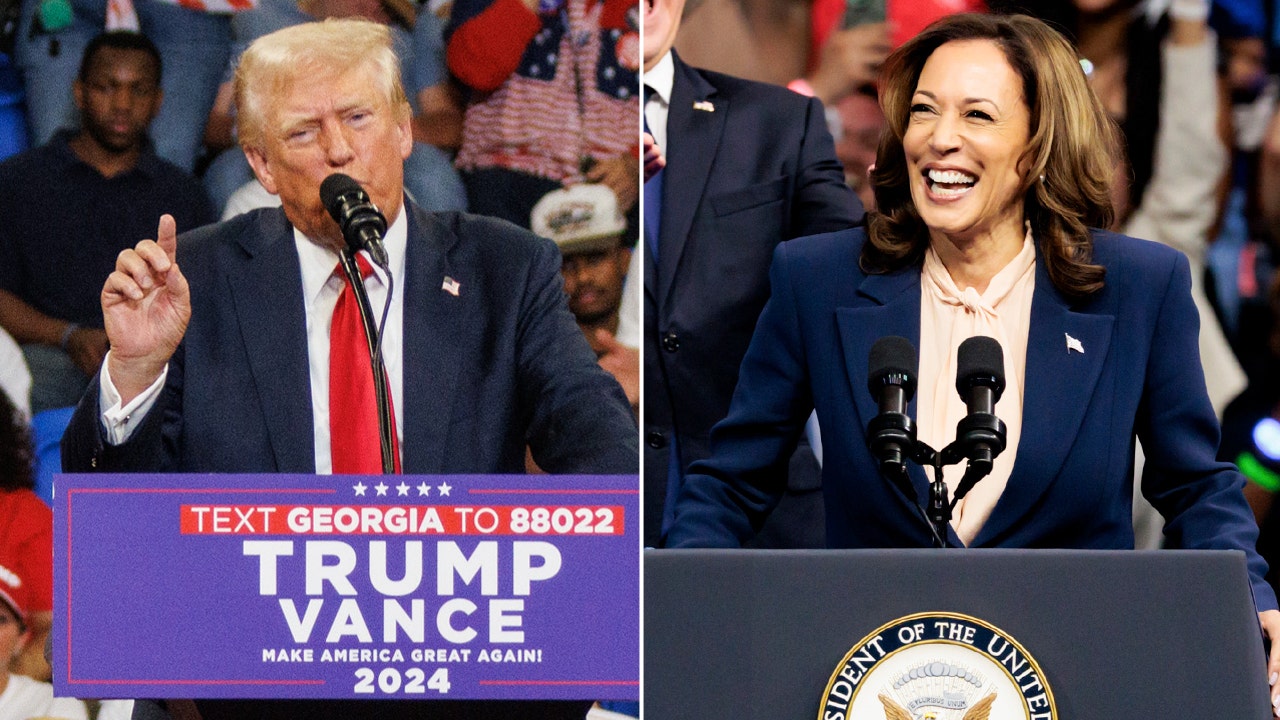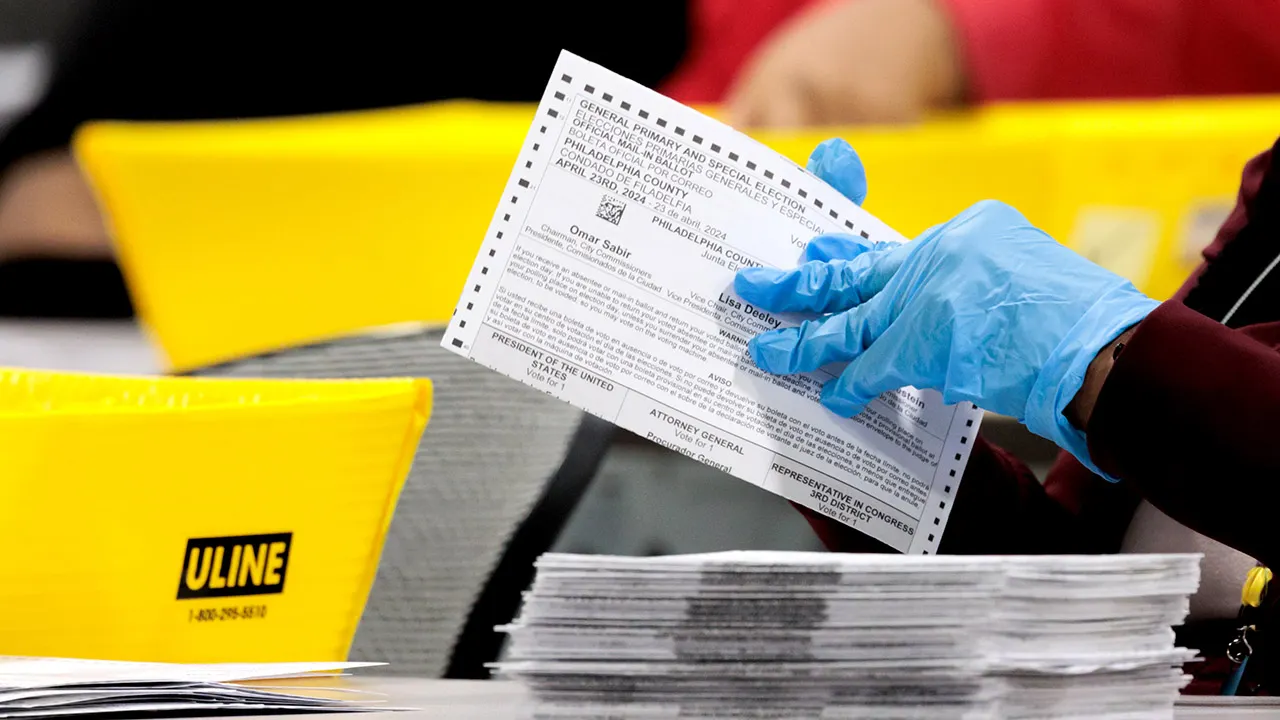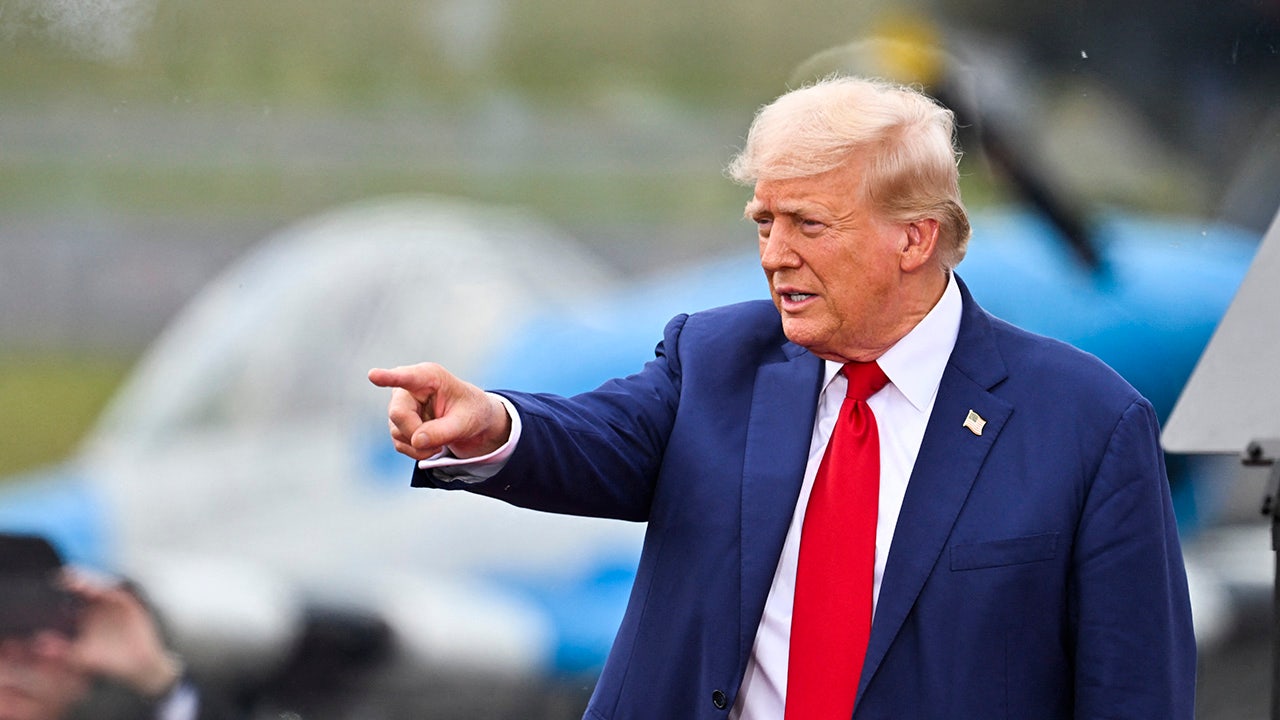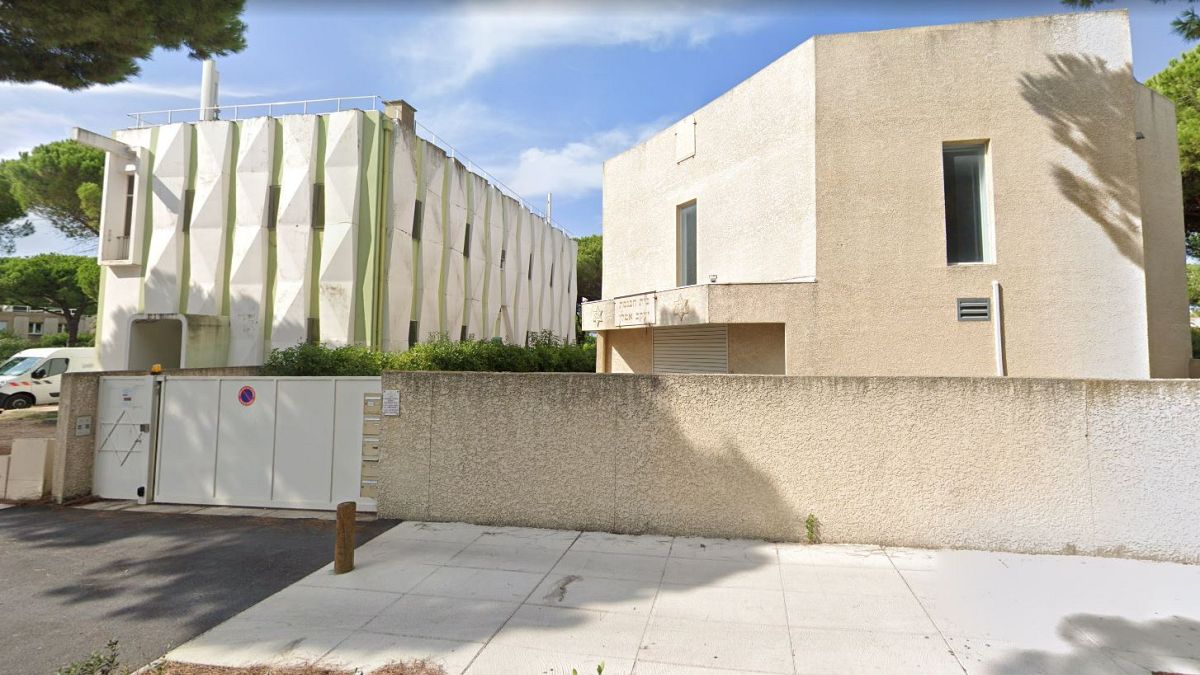For 10 months, the families of Israeli hostages held by Hamas have led protests, blanketed local and international media and begged Prime Minister Benjamin Netanyahu to agree a deal that would bring their loved ones home — even if it meant ending the war against Hamas.
So far, they have failed. But on Sunday, as news spread that six more hostages had been found dead in a tunnel underneath Gaza, apparently recently executed by their Hamas captors less than a kilometre from Israeli troops, a new wave of public anger swept Israel. Much of it was directed at Netanyahu.
By Sunday night, tens of thousands of Israelis were streaming through Tel Aviv streets, demanding that Netanyahu compromise and accept a deal that could see the hostages released in exchange for a lasting ceasefire and the freeing of thousands of Palestinian prisoners.
On Monday morning, a general strike shut down much of country after an influential trade union bowed to calls from the families of the hostages. Ben Gurion international airport halted departures, while universities, shopping malls and ports were shuttered.
But the public outpouring of grief and anger also reflected a divided nation — Netanyahu’s far-right allies, including finance minister Bezalel Smotrich, assailed the protesters and union leaders for “fulfilling [Hamas chief Yahya] Sinwar’s dream”. Several right-wing cities and settlements said they would not join the strike.
The tension between the two camps has grown with the realisation that time is quickly running out for the remaining 101 hostages in Hamas custody. At least 35 of them are already presumed dead by Israeli officials.
Relatives of the captives, meanwhile, are growing more desperate — and angry at Netanyahu. “If we do not succeed to get the Israeli government to an unqualified yes, then the evidence is out there that all of those hostages will die in Hamas captivity,” said Jonathan Dekel-Chen, the father of 35-year-old hostage Sagui, taken from a kibbutz on October 7.
“There is no reasonable explanation [for Netanyahu’s rejection of the deal] other than domestic political considerations and the retention of power,” he added.
Smotrich and other far-right ministers have threatened repeatedly to collapse Netanyahu’s coalition if he were to accept a deal tied to a comprehensive ceasefire, demanding greater military pressure on Hamas to free the hostages.
But so far, Israel’s military has managed to rescue just eight of the roughly 240 people taken hostage on October 7 and has killed three by mistake. However, 105 were released in November in a negotiated swap for Palestinian prisoners, during a shortlived ceasefire when humanitarian aid surged into the besieged enclave.
Hamas has blamed Sunday’s hostage deaths, and many previous captive fatalities, on Israeli air strikes and Netanyahu’s intransigence. It has not shifted in its core demand that any comprehensive hostage release — including of Israeli soldiers taken captive — hinges on a complete ceasefire, repeating that demand on Sunday afternoon.
But that second, negotiated hostage-for-prisoner swap has proved elusive, despite a mid-August push by the US, Egypt and Qatar to persuade the warring parties to agree to a US-backed proposal. The lack of progress has led to a public blame game that has divided Israeli politics and exasperated mediators.
Talks appear to have stalled because Hamas has demanded assurances that a lasting ceasefire will follow the hostage swap, and that Israeli troops will withdraw completely from Gaza. For his part, Netanyahu has insisted on demands that the Israeli military remains in control of the Gaza-Egypt border.
“The delay in signing the deal has led to [Sunday’s] deaths and those of many other hostages,” said the Hostage and Missing Families forum, an advocacy group. “We call to Netanyahu: Stop hiding. Provide the public with a justification for this ongoing abandonment.”

It remains to be seen whether this fresh anger will build enough political pressure to force Netanyahu to change his position.
The Israeli public has largely supported a negotiated deal with Hamas to free the hostages, according to several polls, but regular protests in Tel Aviv have yet to coalesce into a large national movement.
On Sunday, the mood appeared to be shifting as the streets swelled with protesters and much of the media and political opposition demanded that Netanyahu compromise.
But Netanyahu — Israel’s longest-serving premier — has weathered larger, more sustained protests before. “We’ve done so much to galvanise the public, to make sure that there is a majority [in the public opinion] for a deal,” said Moshe Lavi, the brother-in-law of hostage Omri Miran.
“But we are unable to penetrate the sole decision maker who needs to make the call — and if he is unwilling to make that call, he should be honest with the families,” he added.
“I spoke to many political and security officials, and heard that a deal is not progressing because of political considerations,” said Arnon Bar-David, chair of the Histadrut labour federation.
Dahlia Scheindlin, a veteran pollster who has followed the protest movement closely, said that while it wasn’t clear public sentiment could force Netanyahu’s hand, “if . . . there is a general strike and influential social and political leaders help bring the country to a standstill, that could possibly tip the government into changing its policy”.
Netanyahu rejected the accusation that his demands over the Egypt-Gaza border had held up a possible deal, saying Hamas had refused to enter serious negotiations for months. He said Israel had agreed to an updated framework for the US-backed deal, something Hamas has officially turned down.
“In recent days, as Israel has been holding intensive negotiations with the mediator in a supreme effort to reach a deal, Hamas is continuing to steadfastly refuse all proposals,” Netanyahu said. “Even worse, at the exact same time, it murdered six of our hostages.”
But leaks to Israel’s Channel 12 news over the weekend painted a different picture, enraging many of the families of the hostages, who have long warned that Netanyahu was delaying a deal to keep his coalition together.
Channel 12 reported that the premier clashed on Thursday at a cabinet meeting with his defence minister, Yoav Gallant, who warned that Netanyahu’s insistence on keeping Israeli troops along the Egypt-Gaza border threatened the talks to free the hostages and voted against it.
“The cabinet must gather immediately and reverse the decision made on Thursday,” said Gallant after the bodies were retrieved. “It is too late for the hostages who were murdered in cold blood.”
About 40,000 Palestinians have been killed since Hamas’s October 7 attack, according to local health officials, most of them women and children, as the Israeli military has destroyed large parts of the enclave. At least 1,200 people were killed by Hamas during its cross-border raid into Israel, according to the government, including many civilians.
The war has created a rapidly deepening humanitarian crisis marked by extreme hunger, the spread of disease and the displacement of most of Gaza’s 2.3mn civilians into UN shelters and sprawling tent cities.

